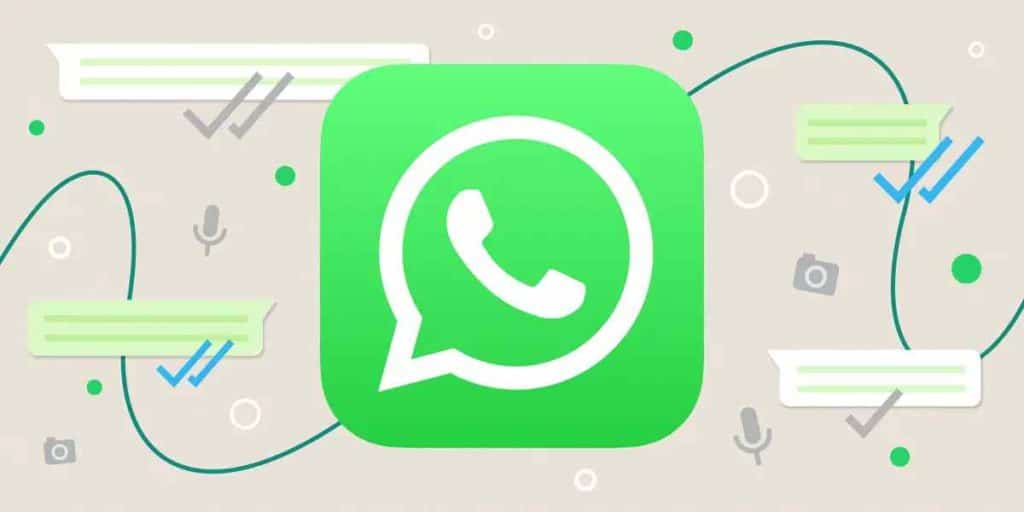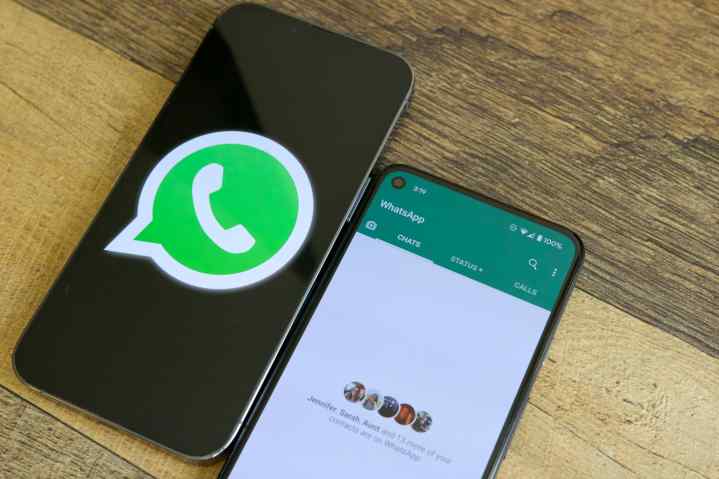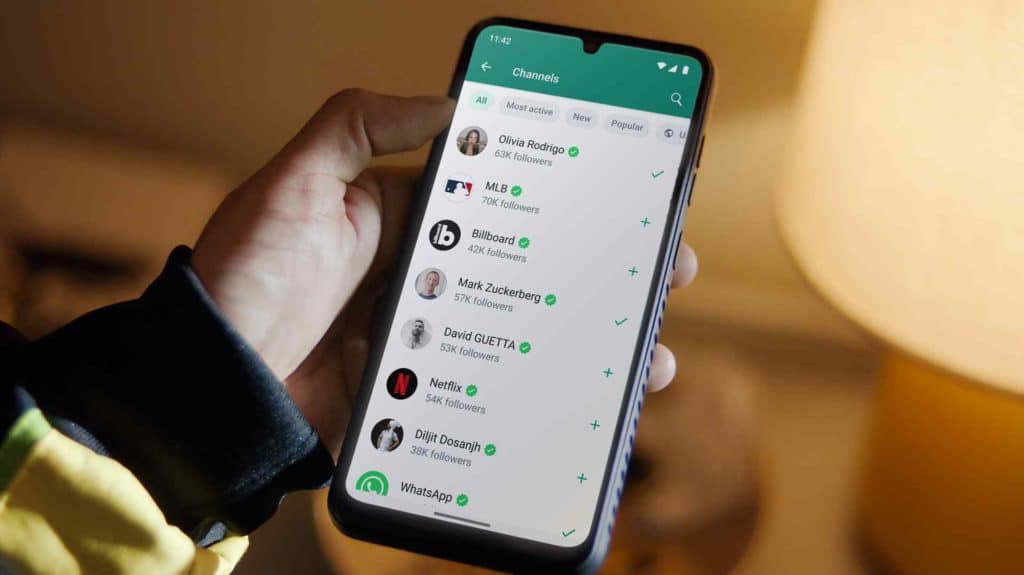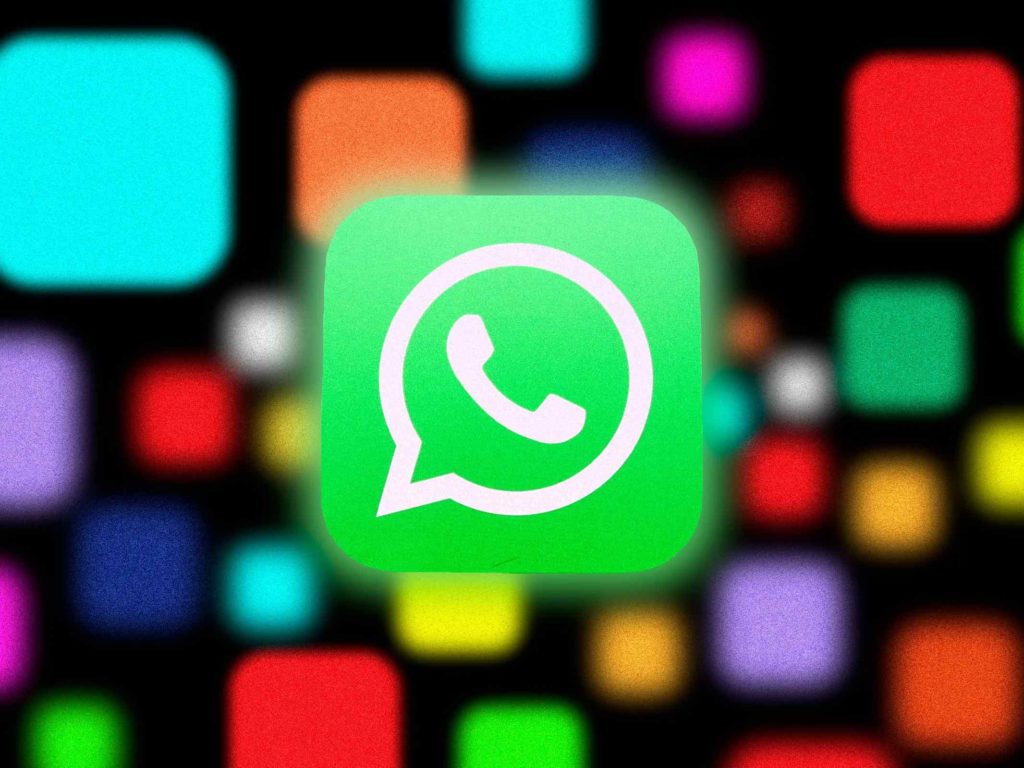Text messaging is as old as mobile phones. The first text was sent on December 3, 1992. Within that decade, texting became mainstream on mobile phones. Over the years, text messaging evolved.
New technologies made communication faster and better. While all carriers and phone manufacturers still offer texting in SMS form, more text messaging options are available. Instant messaging grew out of a need to send SMS messages over an internet connection.
SMS is still essential and functional. However, instant messaging services such as WhatsApp have taken over the texting feature on most phones. Let us answer the question, “Why use WhatsApp instead of text?”
What is Texting?

Yes, virtually everyone knows about texting. However, to appreciate instant messaging, we need to review texting. Sending an SMS over your phone involves typing up to 160 characters in a text editor.
After that, you send the message over a cellular network. If you wish to send media such as images, you’d have to use the multi-media service (MMS). MMS allows you to attach photos and music to send to your friends. MMS is what people in the ’90s used.
The Dawn of Instant Messaging
As we realized developments in information and telecommunication technology, better ways to communicate via text came. One such product relied on an internet connection instead of a cellular network to send messages.
People could use services such as email apps to send messages to each other. These involved applications like Yahoo! Messenger, GTalk, and AOL. With the preference for smartphones for everything, even emails, instant messaging went mainstream. One such app is WhatsApp.
Is It Better to Text or Use WhatsApp?

Texting remains a part of all phones. You’ll readily find and use the app without needing an internet connection or user profile.
All you need is a cellular network and airtime. However, WhatsApp presents several benefits that are hard to ignore in this day and age.
What Are the Advantages of Using WhatsApp?
WhatsApp is the instant messaging app of choice for many people and situations. It is the most popular instant messaging app. It boasts over 2 billion active users.
It’s feature-packed enough to perform as a social network. It is the third most popular, behind Facebook and YouTube. Therefore, it is not a stretch to say that nearly everyone you know is on WhatsApp.
1. Character Count
An SMS has a 160 character count limit. On the other hand, a WhatsApp text has a 4,096 character count limit. Few people, if any, ever reach that limit.
Therefore, you can provide as many details as you wish on a message without worrying whether you’ve run out of characters.
2. Speed

Instant messaging got its name from the speed of sending a message. WhatsApp upholds that tradition. Relying on an internet connection means your message will reach the destination when you hit send.
On the contrary, an SMS needs sufficient cellular network coverage for the message to reach its destination. It’ll only travel as fast as it takes to establish that connection.
3. Cost
Cost is probably what made WhatsApp so famous in the first place. Sending a message via WhatsApp is practically free. In contrast, sending a text costs you. There are text and data plans in the US that make SMS messaging cheap or have negligible costs.
But in other parts of the world, such as Europe, they have to pay for sending an SMS. An SMS costs around 0.10 Euro cents. Imagine the cost of a chat session for about half an hour via SMS.
4. Security
WhatsApp messages are encrypted. The app sends the message in code to decipher at the destination. In contrast, SMS messages are not encrypted.
The government, cellular network providers, and skilled hackers can read the contents. Such a lack of encryption jeopardizes your privacy.
While security agencies may justify such snooping as necessary, people need to share personal information with confidentiality. Such easy access to your information diminishes the appeal of SMS texting.
5. Group Chats

WhatsApp allows you to include several participants in a message thread. Each person can contribute to the conversation. You can add other participants later on if you decide.
Group chats are essential communication channels for entire departments, families, church groups, strangers, students, etc. Instead of sending each person a text and corresponding on that one thread, you can address the entire group in one chat.
In addition, the shared messages inform others and reduce redundancies in the communication process. Furthermore, group chats bring family members closer, creating a digital version of an evening together back home.
6. Audio and Video Call Option
WhatsApp has audio and video call features. This allows for better and cheaper communication. You’d have to switch to regular calls for audio calls in SMS texting. Few phones offer video calling, like Facetime on iPhones.
Regular phone calls are more expensive than WhatsApp calls. In addition, you can group call on WhatsApp, further adding to its applicability and efficiency.
Businesses hold conference calls through WhatsApp, preferable to calling each person and repeating the same message.
7. Media
You can add pictures, videos, voice notes, documents, and GIFs to your message as an instant messaging app.
Sending such media over WhatsApp uses little data and significantly enriches your messages. You would need to switch to MMS to do the same. However, it will be expensive and limited.
8. Voice Note Communication

A new trend on WhatsApp is sending each other voice notes. It is similar to having a phone conversation without interruptions and worrying over call costs.
Voice note communication allows you to convey so much in a little while instead of typing out your message.
You can do the same in group chats. Members can listen to your message at their convenience. Those voice notes can also serve as future reference material if someone needs clarification.
9. Strength in Numbers
Another critical advantage of WhatsApp is the number of active users. Through WhatsApp, you can easily reach your friends, family, workmates, and others.
Since nearly everyone with a smartphone has WhatsApp, you have better chances of them reading your messages if you send them there. People generally ignore texts and turn to them only when WhatsApp is not available for some reason.
10. Message Status Update
You can tell if someone has received and read your message on WhatsApp. You can see when they are online and replying to your message. On the other hand, you can’t tell whether someone has read your SMS.
Some smartphones provide such information, but not at the level of WhatsApp. Furthermore, some texting apps ape features of instant messaging, disqualifying them from the category of SMS apps.
11. Social Network

WhatsApp is essentially a social network app. You can post a status, check other users’ statuses, comment on those statuses, and like and share them. In addition, you can tell when others are online and engage with them then.
Businesses are using the status feature to advertise their products and services. Most enterprises prefer communicating with customers on this platform, which is convenient for both parties.
What Are the Disadvantages of WhatsApp?
WhatsApp’s only disadvantage is its reliance on a good internet connection for the best communication. An average connection enables text messaging similar to SMS.
However, you need a stronger and more reliable connection for audio and video calls and sharing media. In addition, if you are on a data plan that has unlimited SMS, you won’t need an internet connection to send messages.
